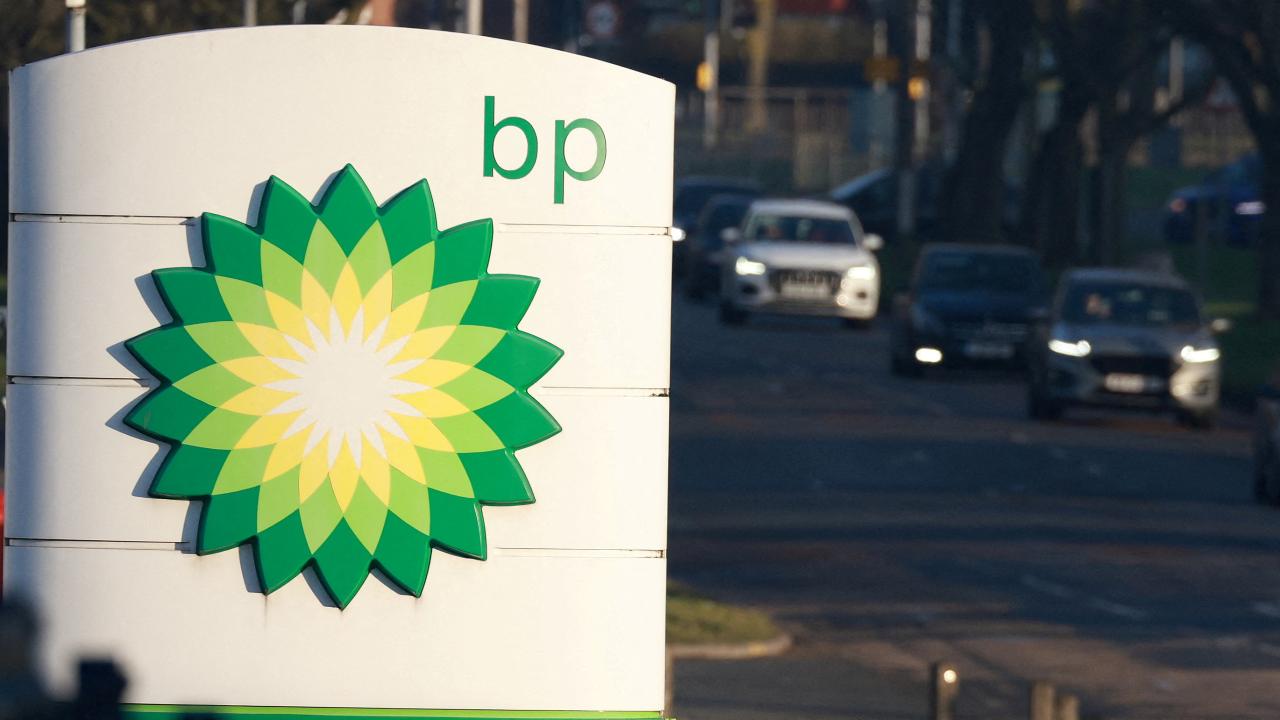
After the completion of the agreement, which is expected at the end of 2024, British Petroleum will take full control of Bioenergia, which has a production capacity of around 50,000 barrels of sugar cane-based ethanol equivalent per day.
Oil giant BP (British Petroleum) and agribusiness giant Bunge reached an agreement by which the former acquires the latter's 50% interest in BP Bunge Bioenergia, the Brazilian sugar and ethanol joint venture previously established by the two firms. The deal amounts to US$ 1.4 billion, in a bet on the growing demand for low-carbon biofuels.
After the completion of the agreement, expected by the end of 2024, BP will take full control of Bioenergia, which has a production capacity of around 50,000 barrels of sugar cane-based ethanol equivalent per day.
BP will consolidate Bioenergia's debt and lease obligations for US$1.2 billion, meaning it will pay a total of US$800 million to Bunge, according to Reuters calculations.
The acquisition comes amid growing investor concern about BP's strategy, after S&P Global rating agency revised down BP's credit outlook earlier this month, citing slower than expected debt reduction.
BP said the acquisition is expected to meet its bioenergy returns threshold of more than 15% and will be within its existing annual spending framework of around US$16 billion.
The oil company is also reducing its plans for the development of new biofuel projects.
BP is pausing two biofuels projects at its Lingen refinery in Germany and its Cherry Point refinery in Washington state, U.S. It is evaluating three other projects.
"Together, these changes can allow us to deliver the growth and returns we expect from biofuels, but in a simpler and more focused way. This is fully aligned with BP's priorities of focusing the business and increasing returns for shareholders," said Emma Delaney, head of customers and products at BP.










